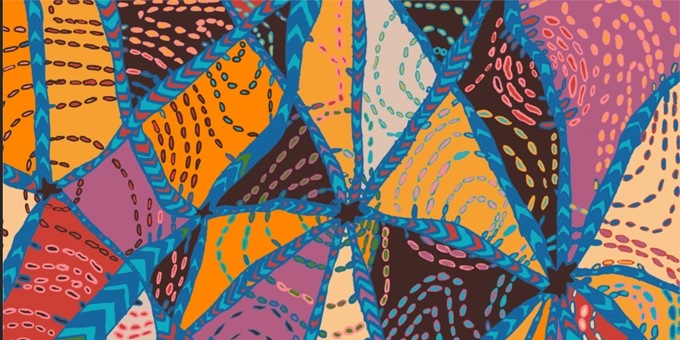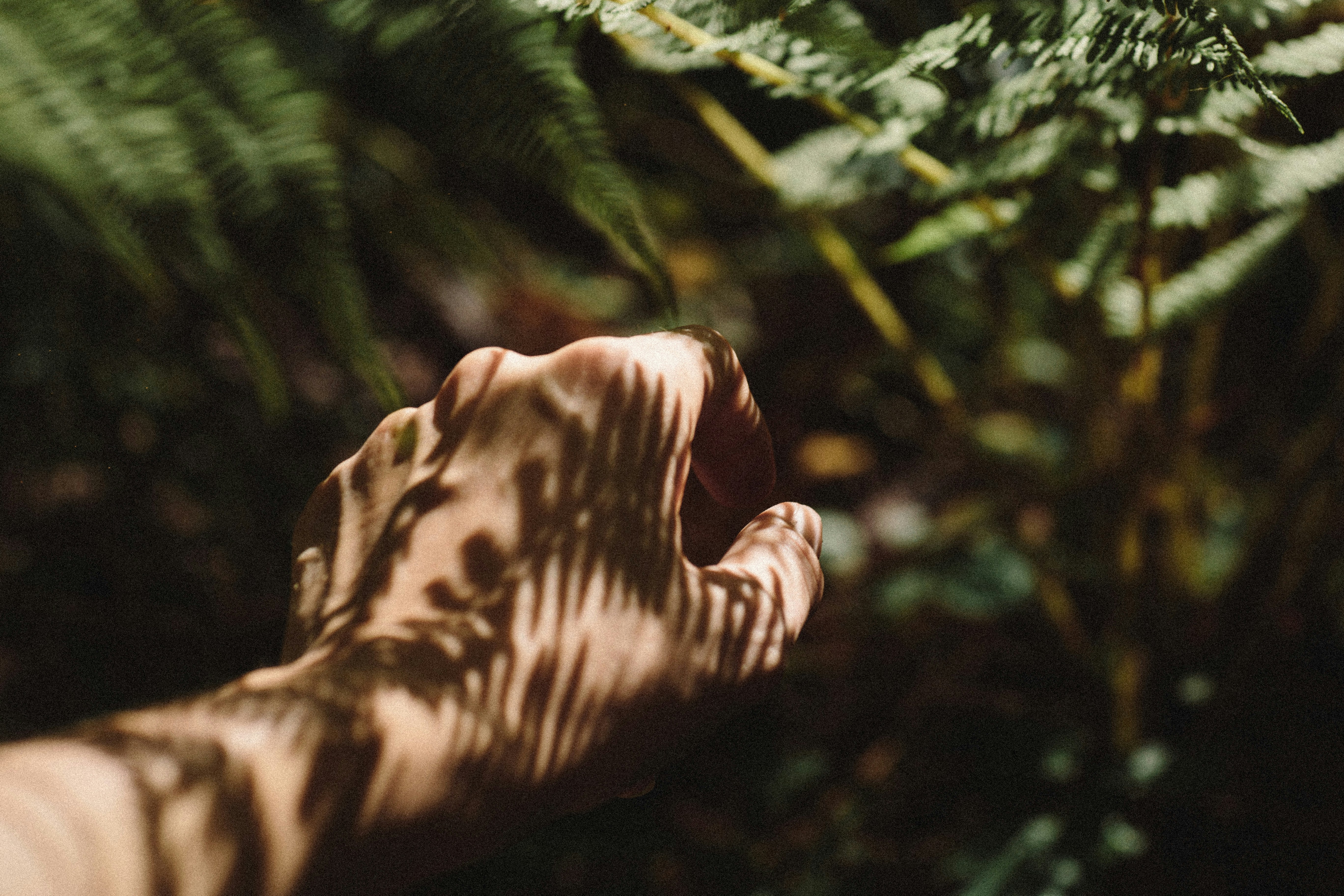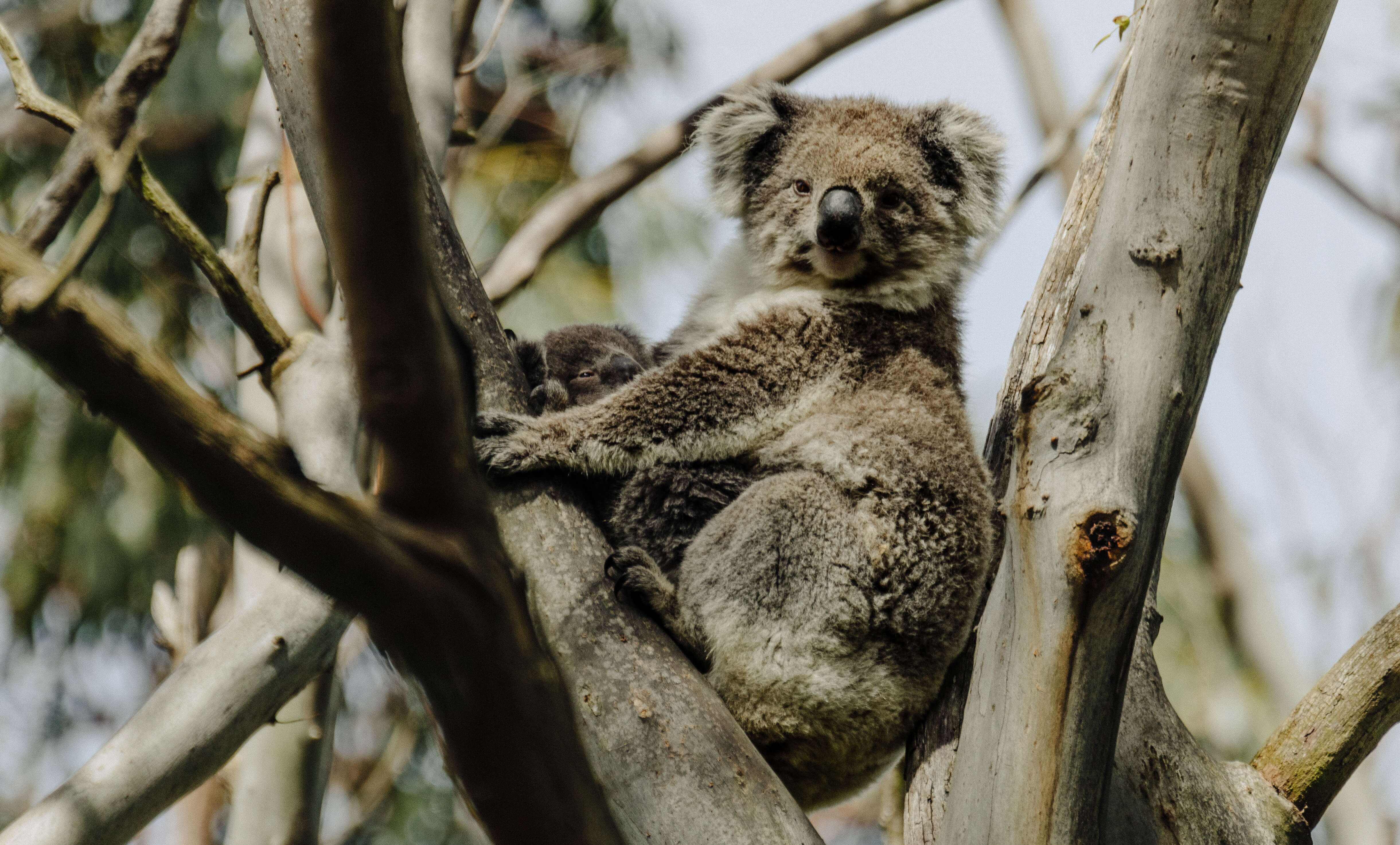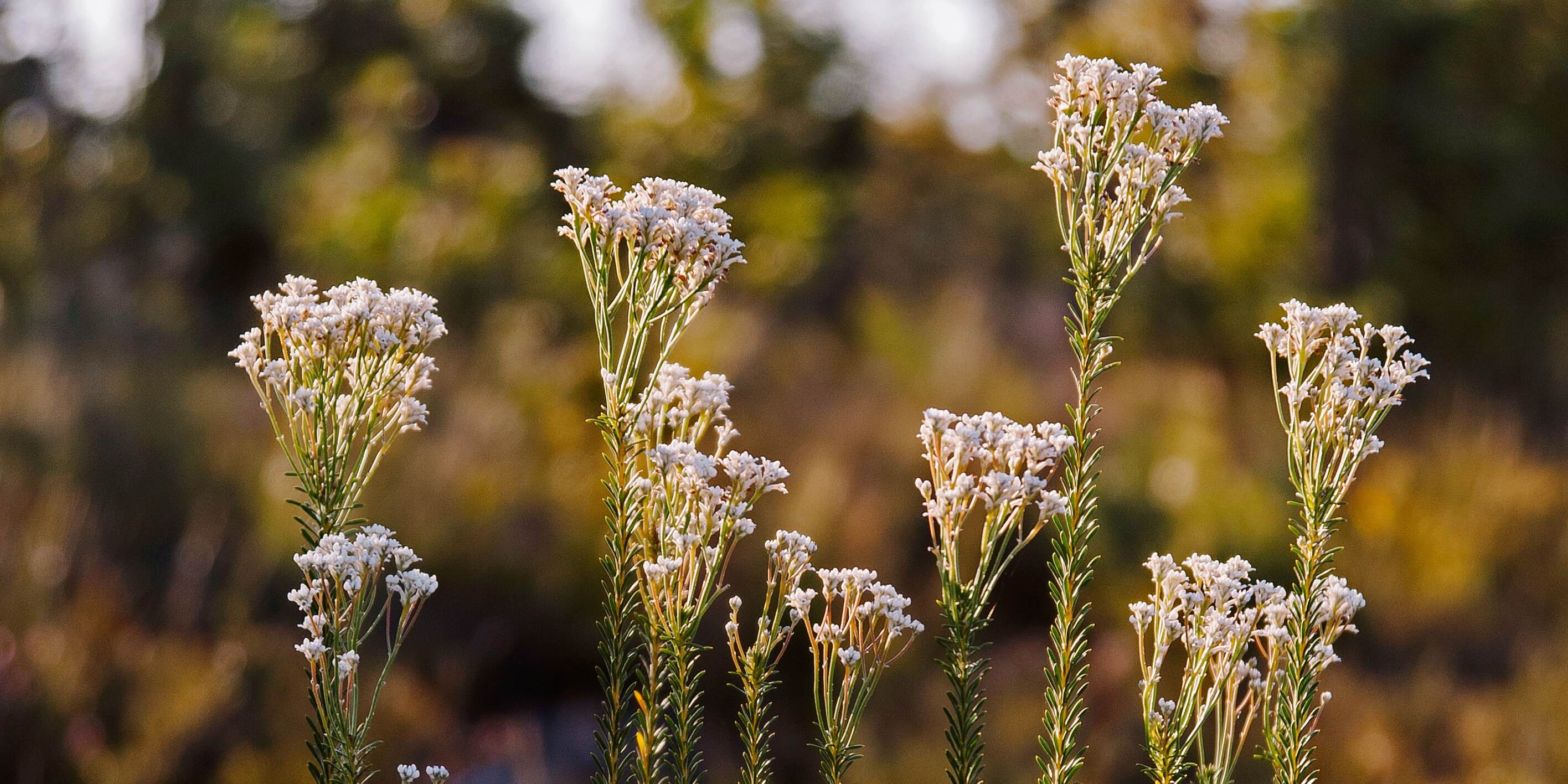The AdaptNSW 2020 webinar series is presented by the NSW Department of Planning, Industry & Environment and our partners, to showcase the leading work on climate change adaptation being delivered across New South Wales.
The COVID-19 restrictions led to us running the AdaptNSW Forum as an online webinar series in 2020. This allowed us to continue to bring together like-minded people from across NSW to share and discuss the practical actions being taken to build resilience to climate change in NSW.
Access the webinar resources to learn how Aboriginal cultural practices are teaching us about caring for country under climate change, how complementary net zero emissions and climate adaptation action can benefit communities, industry and government, motivators for addressing climate risk in the board room, how climate challenges are affecting our health and wellbeing, and approaches to managing climate impacts to our natural ecosystems.
Webinar 1 - Empowering Aboriginal communities to adapt
Hear from Aboriginal people on the frontline of climate change from across NSW. They are leading initiatives that will protect Aboriginal cultural values and practice and incorporate cultural knowledge into land and sea management under climate change.
This webinar took place on Tuesday 17 November 2020.
Webinar 1 resources
Agenda
10.00am Welcome and Acknowledgement of Country: Oliver Costello – Chairperson Co-Director of Firesticks Alliance
10.10 am Opening Address: The Hon. Matt Kean, NSW Minister for Energy and Environment
10.15 am Overview of NSW Government Action: Dr Stephen Bygrave, Director, Climate Resilience and Net Zero Emissions Branch, NSW Department of Planning, Industry and Environment
10.20 am Introduction: “Caring for Country”: a visual map of the Australian cultural landscape past, present, and future: Maddison Gibbs, Boomalli Aboriginal Artists Co-operative
10.30 am Presentation 1: Identifying the health impacts of climate change, adaptation strategies and responses among Aboriginal communities in NSW: Jessica Spencer, Regional Environmental Health Project Officer – Dubbo, NSW and Jeffrey Standen, Manager, Aboriginal Environmental Health, NSW Health
10.50 am Presentation 2: Shifting sands – using climate change adaptation to support the vision for Worimi Conservation Lands: Jamie Tarrant, Chair, Worimi Conservation Lands Board of Management, Worimi Conservation Lands and Mal Ridges, Manager Cultural Science, Environment, Energy and Science, NSW Department of Planning, Industry and Environment
11.10 am Presentation 3: Managing the Fossil Trackway Site through increased aridity and a changing landscape: case study from the Willandra Lakes Region: Leanne Mitchell, Aboriginal Heritage Programs Officer, Willandra Lakes Region World Heritage Area, National Parks & Wildlife Service and Ivan Johnson, Chair, Willandra Lakes World Heritage Region Aboriginal Advisory Group
11.30 am Close and thank you: Oliver Costello - Chairperson, Co-Director of Firesticks Alliance
Speakers
Matt Kean is the NSW Minister for Energy and Environment, a portfolio that was first combined after the Berejiklian Government’s re-election in March 2019.
Minister Kean was elected as the member for Hornsby in 2011 at the age of 29. Prior to entering politics, the Minister, a chartered accountant, worked at Price Waterhouse Coopers. In January 2017, Mr Kean was elevated to cabinet as the Minister for Innovation and Better Regulation, where he led the nation on consumer protection reforms.
In his role as Energy and Environment Minister, Mr Kean released the State’s first electricity strategy to improve the reliability, affordability and sustainability of the State’s electricity system. He also negotiated an energy and emissions deal between NSW and the Commonwealth which is the largest single financial commitment to state-based emissions reduction in Australia’s history.
The Minister is a strong advocate for a science and economics led approach to climate change. Mr Kean has called out the link between climate change and this summer’s unprecedented bushfire season. He sees reducing our emissions as not only necessary to protect our environment but key to our future prosperity.
Website: www.firesticks.org.au
Email address: [email protected]
Facebook: Firestick Alliance
Instagram: @Firesticks.alliance.newtwork
Oliver Costello is from Bundjalung Jagun (country) on the Northern Rivers of NSW. Oliver initiated the Firesticks initiative in 2009 and incorporated it in 2018 as an Indigenous organisation.
Oliver is a founding director and CEO of the Firesticks Alliance Indigenous Corporation. He holds a Bachelor of Arts in Adult Education and Community Management at the University of Technology, Sydney (UTS). Combining a broad range of experiences in Indigenous Natural Cultural Resource management and Indigenous governance Oliver seeks to empower communities, organisations and stakeholders to develop a range of collaborative approaches to support Indigenous leadership and recognition of cultural practices through community mentor-ship on country.
Email address: [email protected]
Instagram: @gibbsmaddie
Maddison Gibbs, 1993, Barkindji ,Dubbo, NSW. Maddison Gibbs’ current works include themes such as activist art, dual histories, stories of past and present contemporary Aboriginal societies and spirit. Maddison is a multidisciplinary artist with a wide spectrum of cultural praxis, methods and ideologies. Maddison’s current thematics are women into an intergenerational story of contemporary Aboriginal affairs. Maddison work is polarising, offering up culturally feminine intuitive visual poetics. Starkly contrasted with her art activism at the barricades. The dual sensitivities of caring for country and fighting injustice is an interesting tension. Maddison is at a very exciting nexus for an emerging artist career.
Email address: [email protected]
Identifying the health impacts of climate change, adaptation strategies and responses among Aboriginal communities in NSW
Ms Jessica Spencer is a proud Wiradjuri woman from Central West New South Wales Regional Environmental Health Project Officer at the Aboriginal Environmental Health unit at NSW Health. She is responsible for delivering environmental health initiatives at the grass roots level while feeding outcomes of these initiatives and other observations from the field into evidence based policy at the state level.
Email address: [email protected]
Identifying the health impacts of climate change, adaptation strategies and responses among Aboriginal communities in NSW
Mr Jeffrey Standen is Manager at the Aboriginal Environmental Health unit at NSW Health. During his time in this role, he has grown this unit from 1.0 to 9.0 FTE; trained 17 Aboriginal people into professional roles with degree qualifications; delivered and evaluated Housing for Health projects to over 4000 families which has reduced hospital admissions, and established, in partnership multi-million dollar cross-agency programs to improve environmental health infrastructure in Aboriginal communities.
Email address: [email protected].gov.au
Shifting sands – using climate change adaptation to support the vision for Worimi Conservation Lands
Jamie Tarrant is a Worimi man from the Port Stephens Area. Jamie is an active member in the community and is the chair of the Worimi Conservation Lands Board of Management. Jamie has a passion for Culture and community and for passing his Cultural knowledge onto his children.
Shifting sands – using climate change adaptation to support the vision for Worimi Conservation Lands
Mal Ridges works for the Department of Planning, Industry and Environment in the Cultural Science Team where he conducts research into improving how Aboriginal wisdom and cultural practice can be integrated into landscape management and planning.
Email address: [email protected]
Leanne Mitchell is the currently the World Heritage Aboriginal Programs Officer for the Willandra Lakes Region but has held various roles in the Willandra over the past 14 years, including Aboriginal Sites Officer. In her current role Leanne oversees site recording and management with her colleague Lawrence (Uey) Slade.
Email address: [email protected]
Is a Baakantji man and currently the Chair of the Willandra Lakes World Heritage Region Aboriginal Advisory Group.
Stephen is Director Climate Resilience and Net Zero Emissions in the NSW Department of Planning, Industry and Environment.
Dr Stephen Bygrave has worked on climate change and environment issues at the international, national and local levels for over 25 years across government, academia, the private and not for profit sectors. Stephen spent three years as CEO of national think tank Beyond Zero Emissions and two years at the Organisation for Economic Cooperation and Development (OECD) and International Energy Agency (IEA) in Paris.
Stephen has spent more than ten years with the Senior Executive Service in various government agencies at the state and federal level including the Department of Prime Minister and Cabinet, Department of Climate Change, Department of Environment and Heritage, Department of Agriculture, as well as Executive Director Climate Change and Sustainability in the ACT Government and Director Climate Resilience and Net Zero Emissions in the NSW Government.
Stephen has worked on a number of significant environmental reforms including development of the carbon pricing mechanism (2007-12), the national renewable energy target (1997-2020), the 100% renewables strategy in ACT Government and net zero emissions strategies in NSW and ACT Governments. He has been Adjunct Professor at UNSW and UQ and has a PhD in Resource and Environmental Management from the Australian National University, focused on village scale renewable energy projects in Fiji, Kiribati and Solomon Islands.



